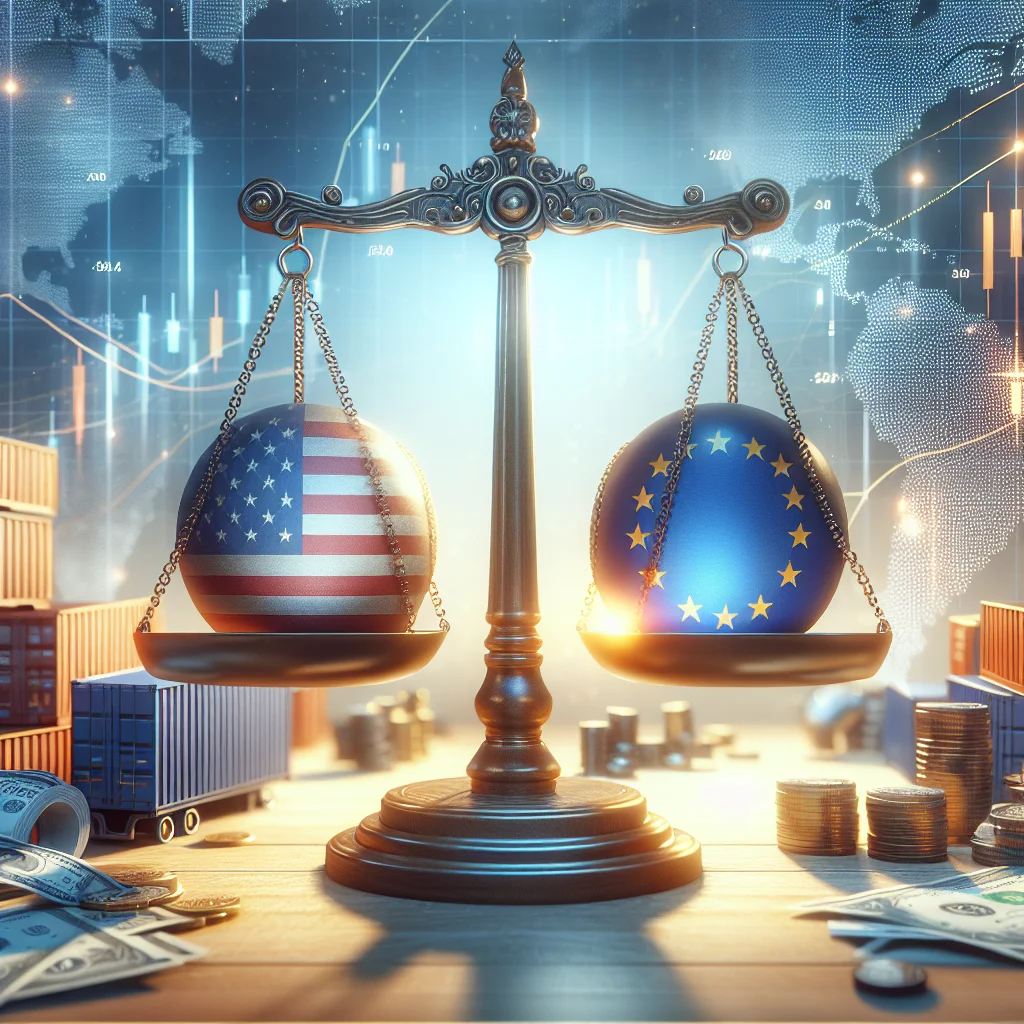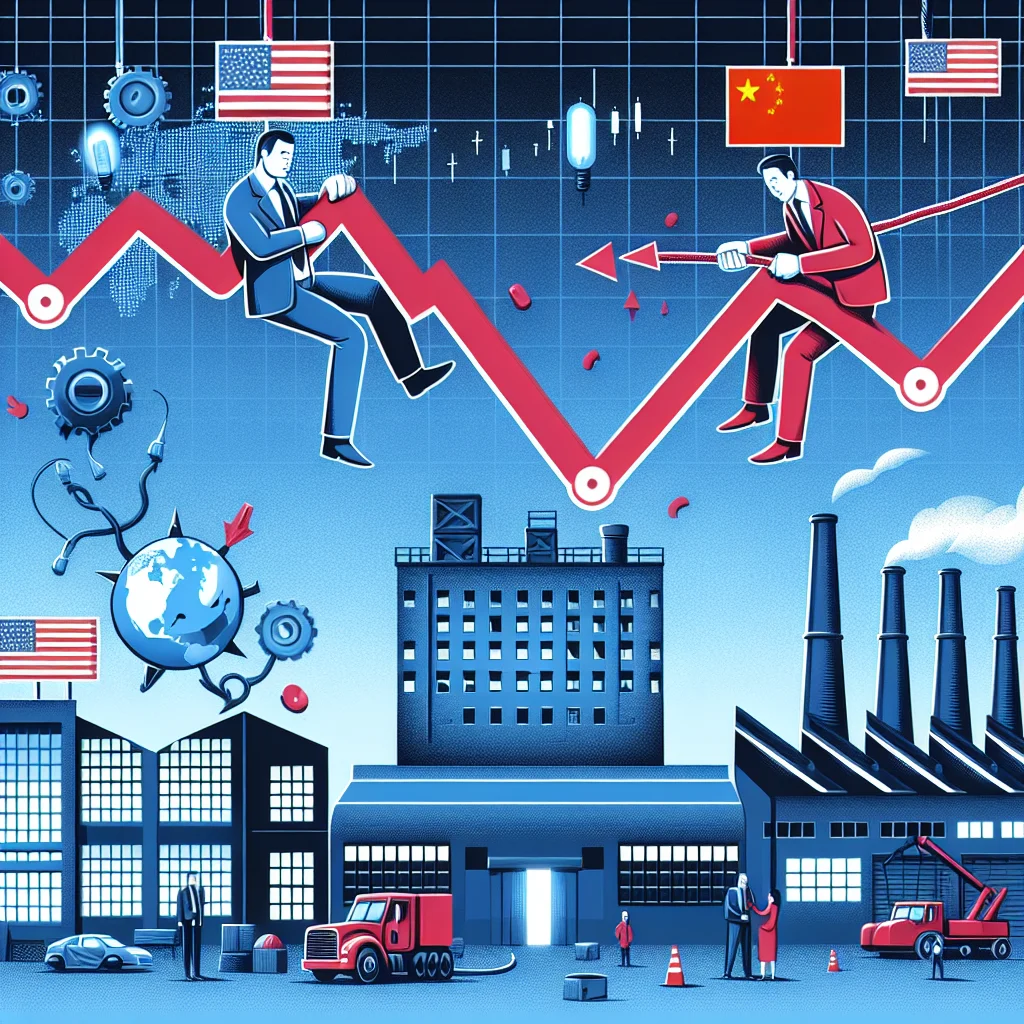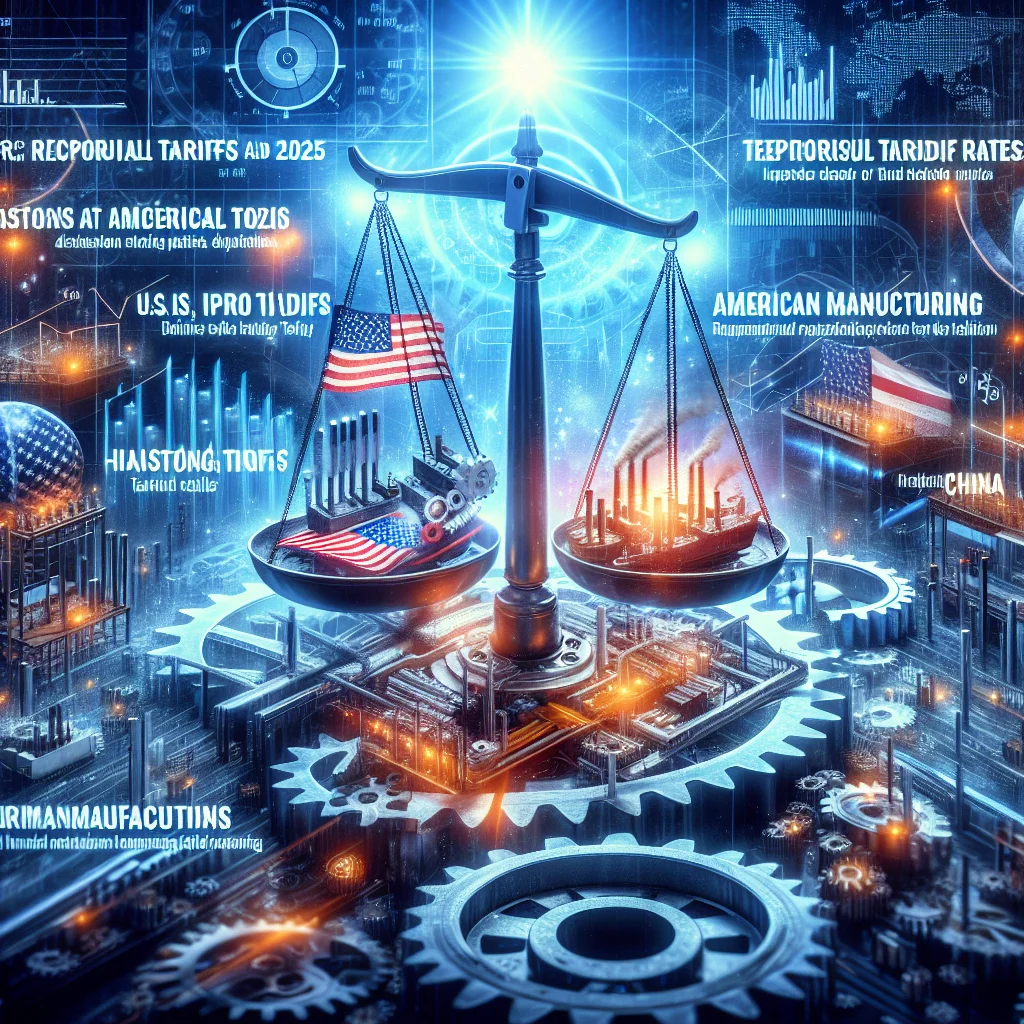
Washington, D.C. — July 29, 2025 — In a dramatic turn of events, the European Union has agreed to a trade arrangement with the United States designed to stave off the most severe tariffs threatened by President Donald Trump in his second term. The deal, reached late Monday after weeks of high-stakes negotiations, has been widely characterized by analysts as disproportionately favoring American interests.
Background: Escalating Trade Tensions
Since returning to office in January 2025, President Trump has aggressively pursued a protectionist trade agenda, vowing to address what he described as "unfair trade balances" with the E.U. In June, the White House announced plans for sweeping tariffs of up to 60% on European automobiles, agricultural products, and luxury goods, sending shockwaves through global markets and prompting urgent diplomatic outreach from Brussels.
The Terms of the Agreement
- Automotive Sector: The E.U. will voluntarily limit car exports to the U.S. to 2019-2021 average levels, while the U.S. will impose only a modest 10% tariff on new European vehicles—significantly lower than the 60% initially threatened.
- Agriculture: The deal allows expanded U.S. agricultural exports into the European market, particularly soybeans and beef, but maintains significant barriers for European agricultural products entering the U.S.
- Tech and Data: The E.U. agreed to relax some restrictions on U.S. tech firms operating in Europe, including certain data transfer and privacy requirements, a move criticized by privacy advocates.
- Luxury Goods: The U.S. will reduce tariffs on French wines and Italian luxury brands, but European producers must accept caps on annual sales volumes.
Reactions in Europe and the U.S.
European leaders acknowledged the deal was "imperfect," but argued it was necessary to avoid economic disruption. European Commission President Ursula von der Leyen stated, "We have protected key sectors from the harshest measures, but this is not a win for Europe—it's a compromise to safeguard millions of jobs."
In the U.S., the White House touted the agreement as a "historic victory for American workers," with President Trump declaring on social media that "America is finally getting fair trade." Wall Street responded positively, with the S&P 500 and Dow Jones Industrial Average both closing up nearly 2% on news of the deal.
Economic and Political Implications
Economists warn the agreement could strain the transatlantic alliance and create long-term imbalances in trade. The E.U.'s concessions, especially on technology and agriculture, have sparked criticism from European industry groups and lawmakers, who argue the bloc was outmaneuvered by Washington's hardline tactics.
Meanwhile, some U.S. businesses, especially in the tech and agricultural sectors, stand to benefit significantly from expanded access to the European market. However, consumer advocacy groups on both sides of the Atlantic have voiced concerns about higher prices and diminished consumer protections.
Next Steps
The deal is set to take effect on September 1, 2025, pending ratification by the European Parliament and review by the U.S. Congress. Trade experts say the agreement signals a new phase in global commerce, with the U.S. leveraging its economic power to reshape international trade norms.














